Gastric Cancer (2007) 10: 92–97
DOI 10.1007/s10120-007-0413-z
Received: August 29, 2006 / Accepted: February 4, 2007
2007 by
International and Japanese Gastric Cancer Associations
Original article
Results of specialization in the surgical treatment of gastric cancer in PeruFernando Vargas, Emilio Lombardi, Victor Mena, Ramiro Carbajal, Nestor Palacios, and Jorge Orrego
Michel Portanova,
Gastric Cancer Service, Department of General Surgery, Rebagliati National Hospital, Lima, Peru
AbstractThe best results in the surgical treatment of
Background.
gastric cancer are those obtained by the Japanese surgical
school that emphasizes D2 lymphadenectomy as a fundamental
principle for obtaining better local control of the disease.
However, this technique has not gained wide acceptance in
the West, owing to the fact that the results of Japanese studies
have not been reproduced frequently in Western countries. In
recent years, a series of studies have recommended the centralization
of gastric cancer treatment in specialized surgical
units in order to obtain results similar to those achieved by
Japanese centers. The objective of this study was to describe
the specialization process and to show the short-term results
obtained in the surgical treatment of gastric cancer in the
Specialized Unit of the Rebagliati National Hospital, the largest
general referral hospital in Lima, Peru.
Methods. In the year 2000 a specialized service was created
for the surgical treatment of gastric cancer, initiating a process
that included the establishment of surgical treatment guidelines,
training in the Japanese surgical technique, and progress
along the learning curve for D2 lymphadenectomy. Clinical,
surgical, and pathological data were recorded prospectively in
a fi xed format, considering that strict documentation of cases
was also an important step within this process.
Results. Between January 1, 2004, and December 31, 2005,
243 consecutive patients with a proven diagnosis of gastric
adenocarcinoma were admitted to the operating theater for
surgical treatment. During this study period, morbidity was
22.7% and hospital mortality, 2.8%. The numbers (mean ±
SD) of resected lymph nodes for distal gastrectomy and total
gastrectomy were 37.3 ± 12.4 and 45.3 ± 14.5, respectively.
Hospital stay was 13 days for distal gastrectomy as well as for
total gastrectomy.
Conclusion. According to our results, adequate training in the
Japanese surgical technique, progress along the learning curve
for D2 lymphadenectomy, and the establishment of specialized
units are highly recommended for the surgical treatment
of gastric cancer in Western referral hospitals.
Key words Gastric cancer · Gastrectomy · Lymphadenectomy
· Specialization
sábado, junio 23, 2007
Archivos80: Results of specialization in the surgical treatment of gastric cancer in Peru
Suscribirse a:
Comentarios de la entrada (Atom)
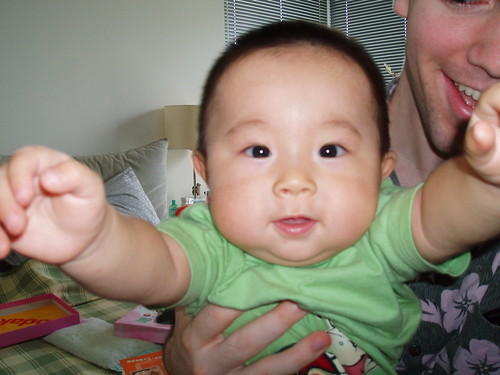








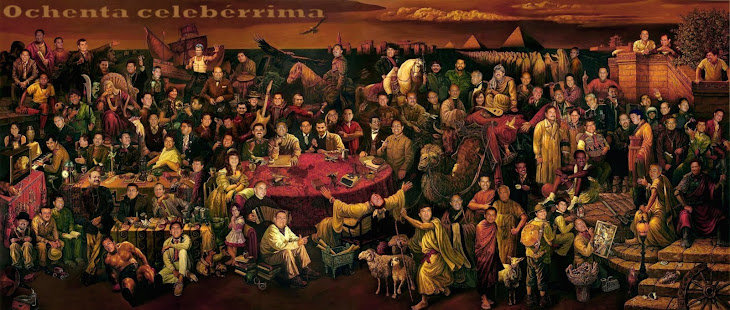
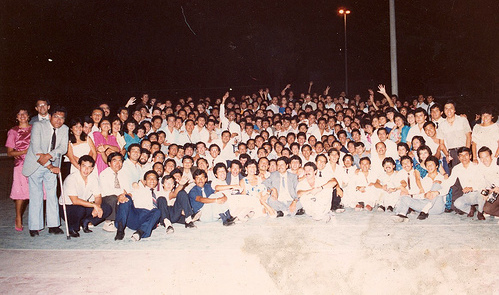
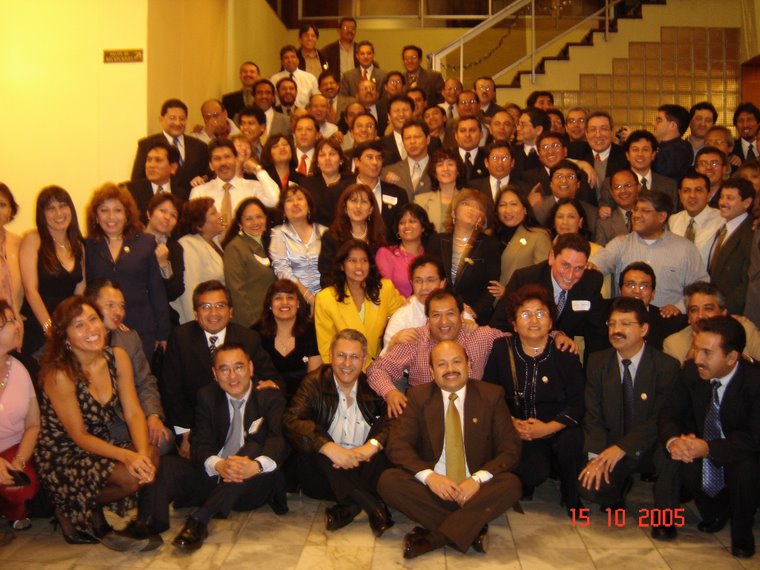
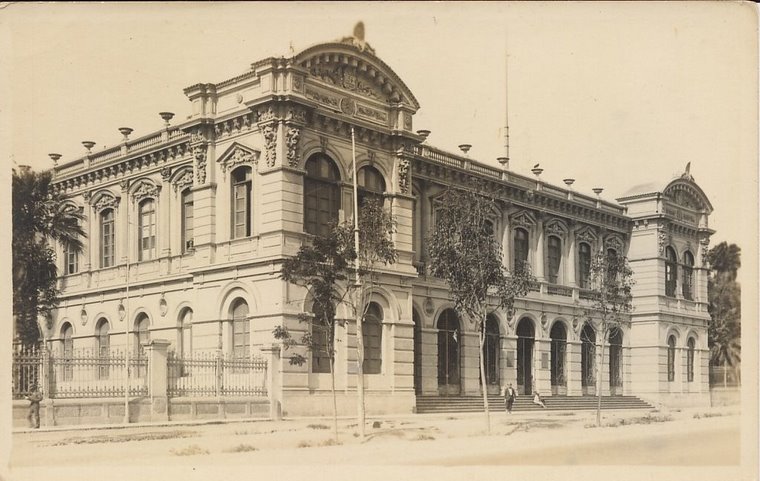
No hay comentarios.:
Publicar un comentario